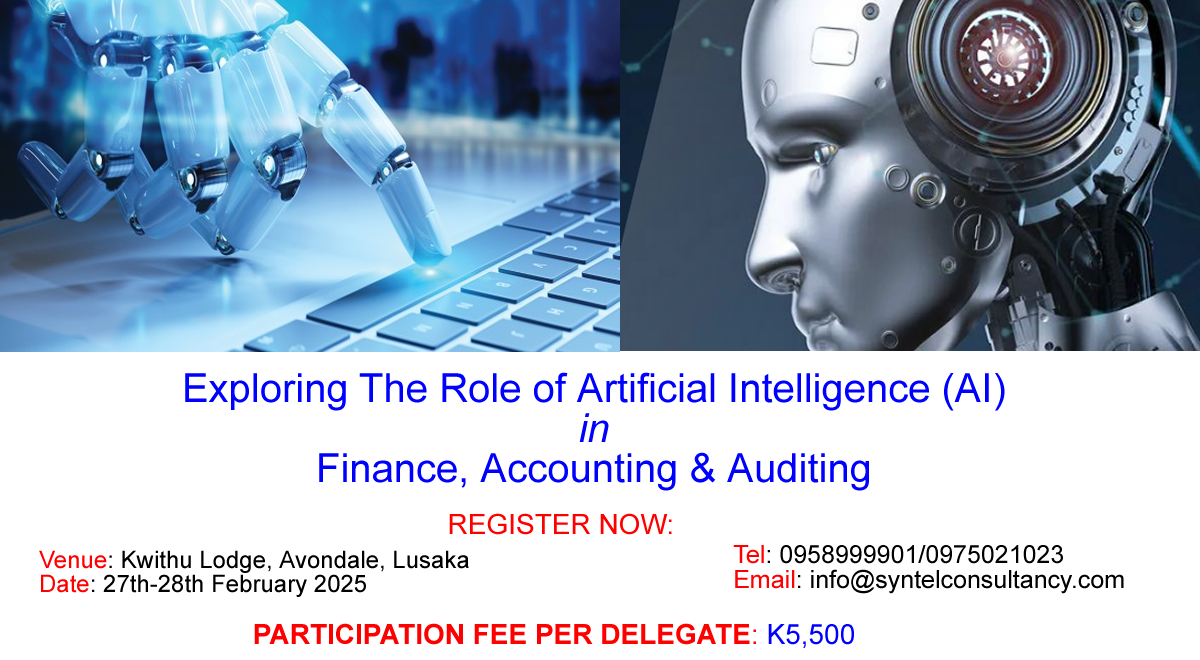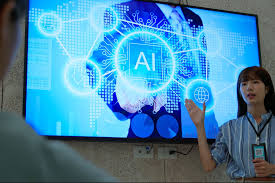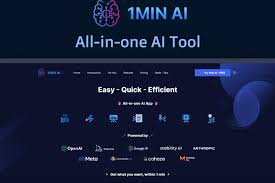AI’s dangers range from cyberattacks to generating biological pathogens.
AI could transform healthcare, the workplace, filmmaking and education — but its power could also be destructive in the wrong hands.
Google’s former CEO Eric Schmidt elaborated on the risks of AI in a Monday episode of The Prof G Pod podcast with NYU professor, entrepreneur and author Scott Galloway. Though Schmidt highlighted that AI improves productivity for nearly everyone, he also acknowledged that the technology could be used to hurt human beings in the future.
“The most obvious one is their use in biology,” Schmidt stated. “Can these systems, at some point in the future, generate biological pathogens that could harm many, many, many, many humans?”
Today they can’t, but there are “a lot of people” who believe that AI will be able to create harmful biological materials in the future, per Schmidt. These people are working on preventing AI from being used as a biological weapon, he said.
Schmidt also pointed out that AI opens the door to widespread cyberattacks that could take down the entire financial system of a country, for example.
“[AI] systems are so powerful that we are quite concerned that in addition to democracies using them for gains, dictators will use them to aggregate power,” Schmidt stated.
Schmidt was Google’s CEO from 2001 to 2011. In August, he made headlines for stating that remote work was the reason Google fell behind the AI race at a Stanford University talk. He later apologized for misspeaking; Stanford took down the video of the talk, which garnered over 40,000 views in less than a day.
Schmidt isn’t the only executive raising concerns about AI. Sahil Agarwal, a Yale PhD in applied mathematics who co-founded and currently runs AI safety startup Enkrypt, told Entrepreneur earlier this year that as AI systems get more complex, the possibility that they contain implicit bias and toxic content also increases.












Leave a Reply